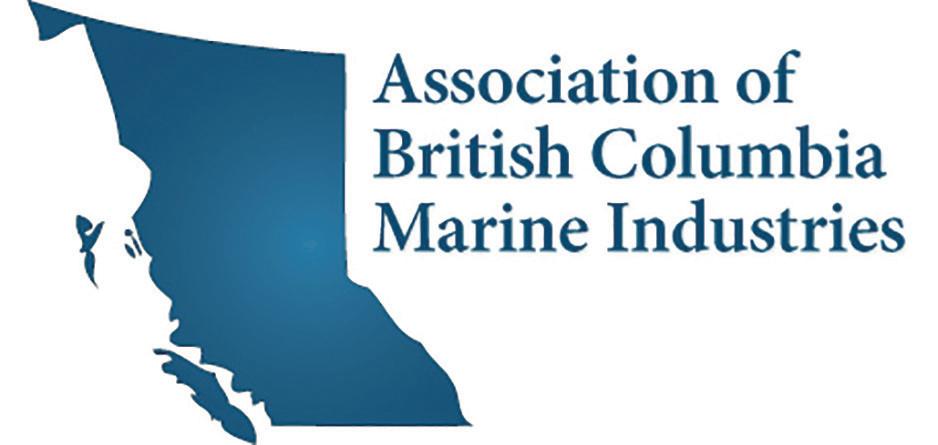: MARITIME COMMUNITY
Voice of the ferry industry
W
ithin port communities, a multitude of stakeholders are interacting on a daily basis, none more so than ferry operators and the passengers and goods they serve. In this, our first in a series providing insights into the sectors that make up the maritime community, Mike Corrigan, CEO of Interferry, highlights the issues, trends, and challenges of the industry. With over 260 members from 40 countries, Interferry is the voice of the ferry sector. It is the only international shipping association representing the worldwide ferry industry, including owners, operators, ship designers, shipbuilders, equipment suppliers and manufacturers, government agencies, classification societies, and maritime professionals. Established in 1976, Interferry has played a strong role in advancing the industry’s positions on regulatory policies as well as facilitating networking and communications among its members. Through their annual conference (next one scheduled for October 2 to 6, 2021 in Santander, Spain), the association has consistently provided a forum for stakeholders to discuss current issues, learn about the newest technology and strategies, and build relationships through social and networking events. Taking on the role of CEO in 2017, Mike Corrigan understands all too well the issues that are of most importance to ferry operators. He had served as President and CEO of BC Ferries following a 15-year career that included the roles of Executive Vice President of Business Development and Chief Operating Officer. In addition to overseeing all aspects of BC Ferries’ operations, he was responsible for creating and leading the company’s SailSafe program — a joint initiative with the BC Ferry and Marine Workers’ Union that led to marked improvements in safety 44 — PACIFIC PORTS — January 2021
Established in 1976, Interferry has played a strong role in advancing the industry’s positions on regulatory policies as well as facilitating networking and communications... (for both crew and passengers) as well as ancillary measurables such as fleet reliability, fleet on-time performance, fuel consumption, and passenger satisfaction. Corrigan is also currently sitting on the Board of Directors for the Port of Vancouver. Promoting the concept of “stronger together,” Corrigan’s priorities revolve around ensuring that that the unique aspects of ferries are taken into consideration, especially when it comes to regulations put forth at the International Maritime Organization, where Interferry holds Consultative Status. The designation allows Interferry representation at meetings for such committees as the Maritime Safety and Marine Environment Protection as well as many sub-committees and working groups. “Ferries are moving over 250 million vehicles, two billion passengers and 45 million trailers around the world each year,” said Corrigan. “The sector provides a lifeline to coastal communities and island populations and it’s important to be able to provide a voice for the industry when regulations are being made for ocean-going ships that operate very differently.” Regarding their work at the IMO and current issues, Corrigan noted the big one at present is greenhouse gas emissions. “It’s a very complex issue with the IMO trying to develop a formula to manage the efficiency of existing vessels,” he said, adding that this is an extension of the process undertaken a few years ago for new vessels. “The variables are tied to overall shipping – given the significant differences between ocean-going ships and ferries, it will be difficult for our sector to comply with
Mike Corrigan the potential regulations.” Corrigan noted that he and Interferry’s Director of Regulatory Affairs, Johan Roos, have been actively engaged to secure a correction. “The final regulations will be sorted out at the Marine Environment Protection Committee meeting (MEPC 76) coming up in June 2021.” Corrigan was also quick to point out that the ferry industry is already recognized as a leader in the charge toward zero emissions from vessels. “We have a number of members, especially in the Scandinavian countries, who have full electric or hybrid-electric ships; hydrogen as an alternative fuel is coming along and, of course, a number of vessels are already operating on liquid natural gas, including BC Ferries and Seaspan,” he said, adding that LNG is a “transition fuel” as more of the industry moves away from carbonbased fuels. Another issue at the top of Corrigan’s priority list is that of safety, especially


















